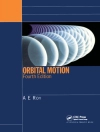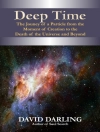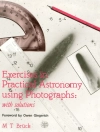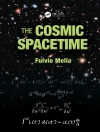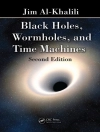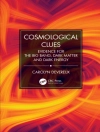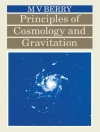A mind-warping excursion into the wildly improbable truths of science.
Echoing Sherlock Holmes’ famous dictum, John Gribbin tells us: ‘Once you have eliminated the impossible, whatever is left, however improbable, is certainly possible, in the light of present scientific knowledge.’ With that in mind, in his sequel to the hugely popular Six Impossible Things and Seven Pillars of Science, Gribbin turns his attention to some of the mind-bendingly improbable truths of science. For example:
We know that the Universe had a beginning, and when it was – and also that the expansion of the Universe is speeding up. We can detect ripples in space that are one ten-thousandth the width of a proton, made by colliding black holes billions of light years from Earth.
And, most importantly from our perspective, all complex life on Earth today is descended from a single cell – but without the stabilising influence of the Moon, life forms like us could never have evolved.
Sobre el autor
John Gribbin's numerous bestselling books include In Search of Schrödinger's Cat and Six Impossible Things, which was shortlisted for the 2019 Royal Society Science Book Prize. He has been described as 'one of the finest and most prolific writers of popular science around' by the Spectator. In 2021, he was made Honorary Senior Research Fellow in Astronomy at the University of Sussex.


